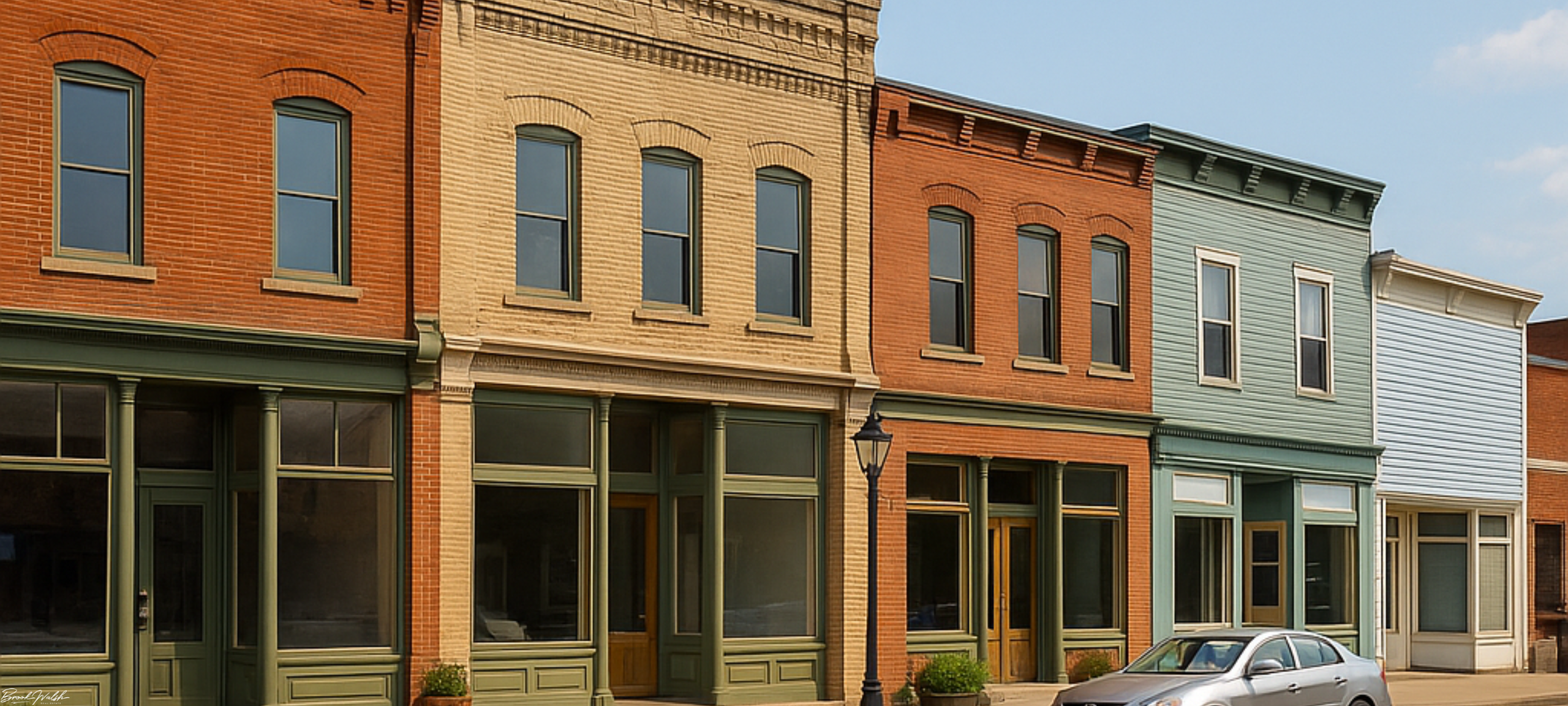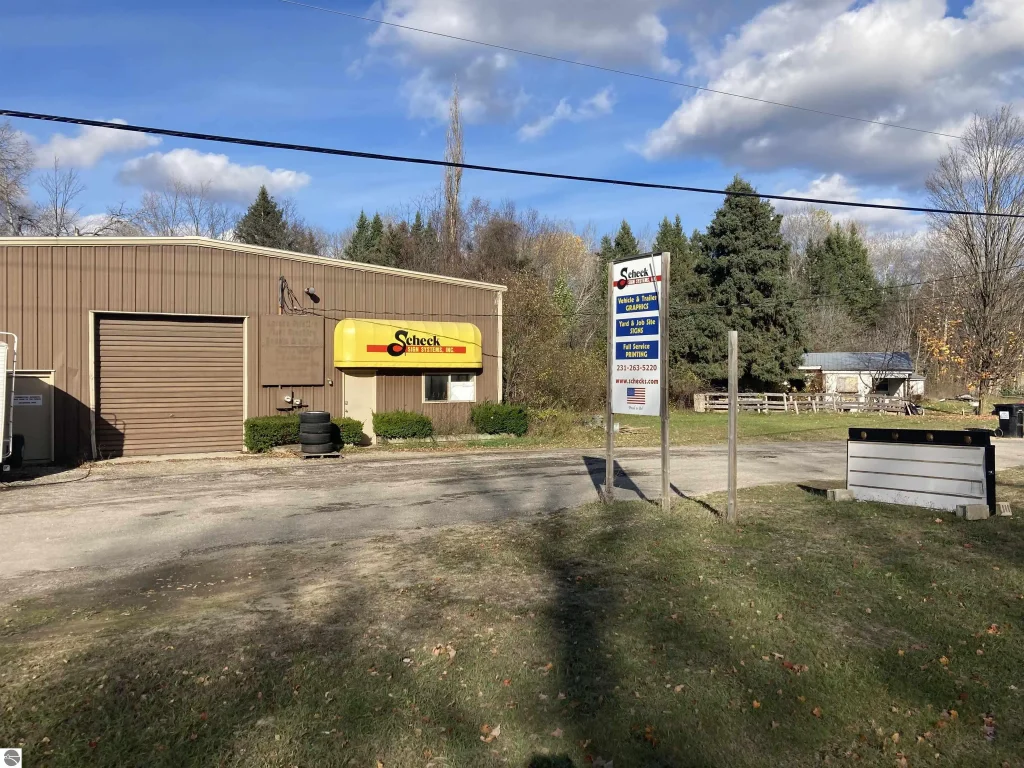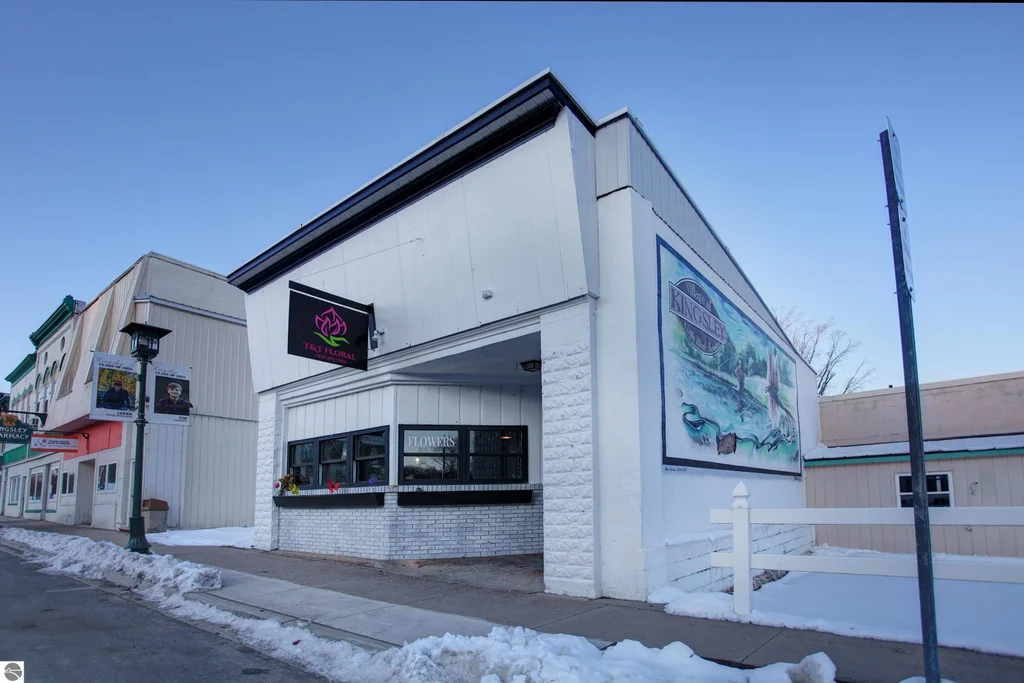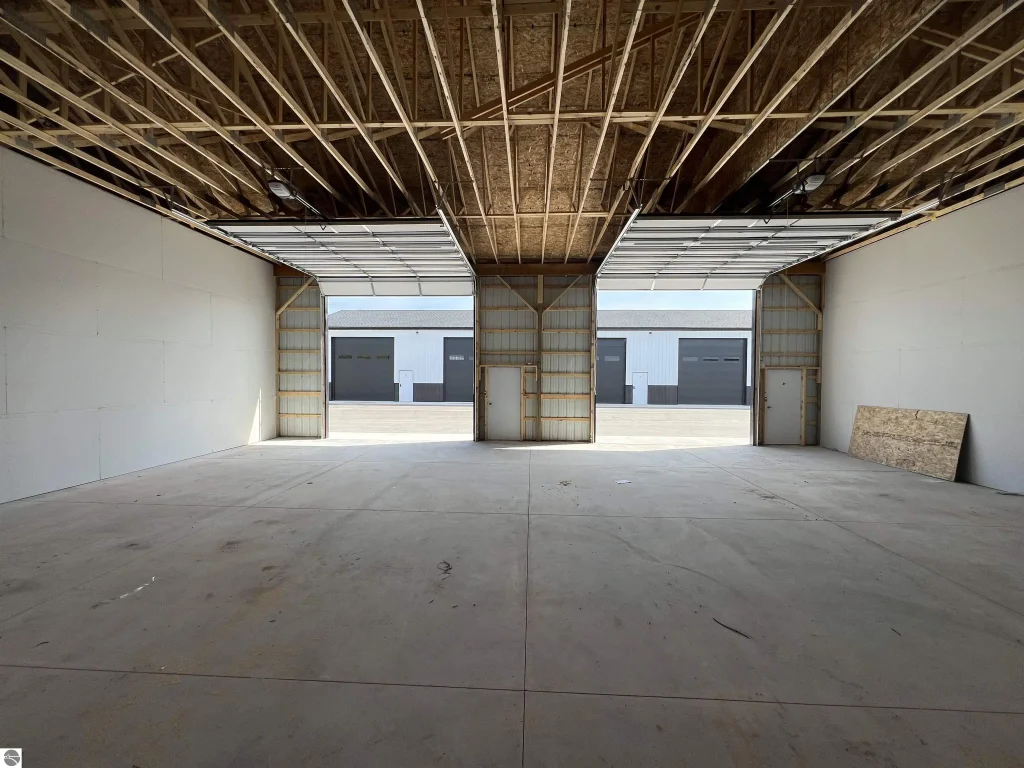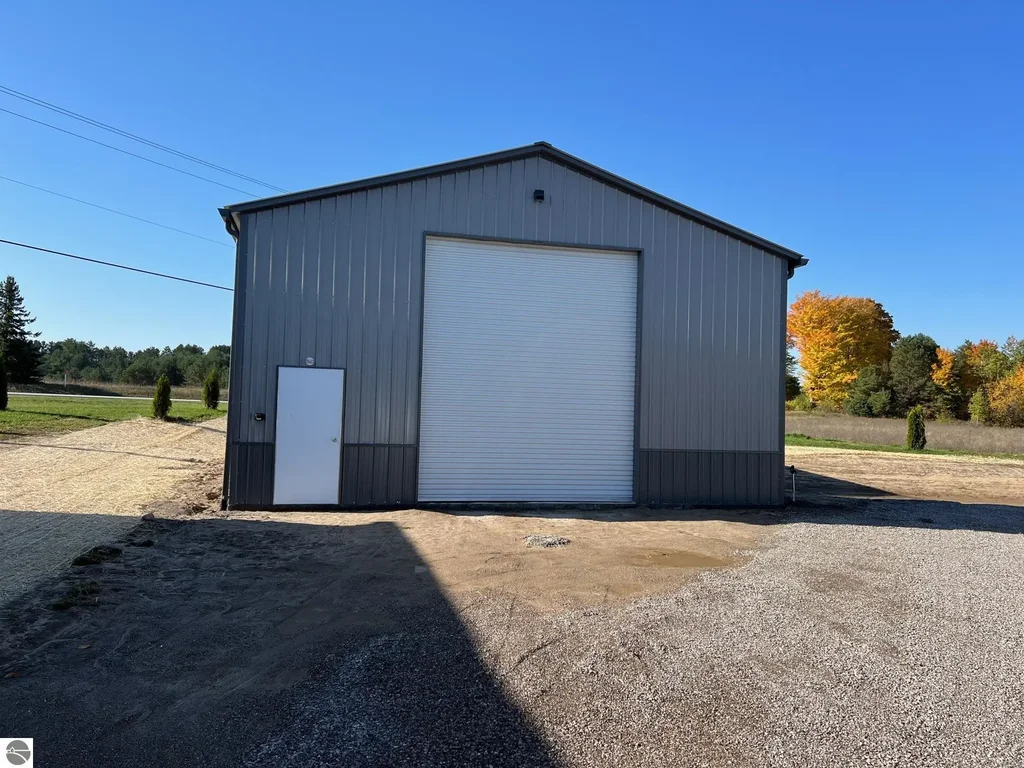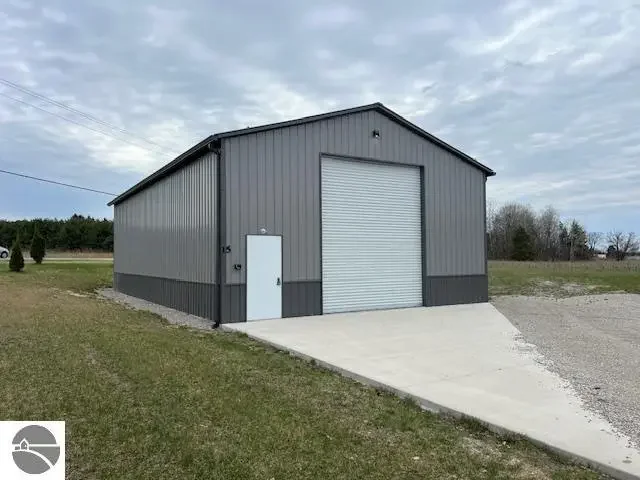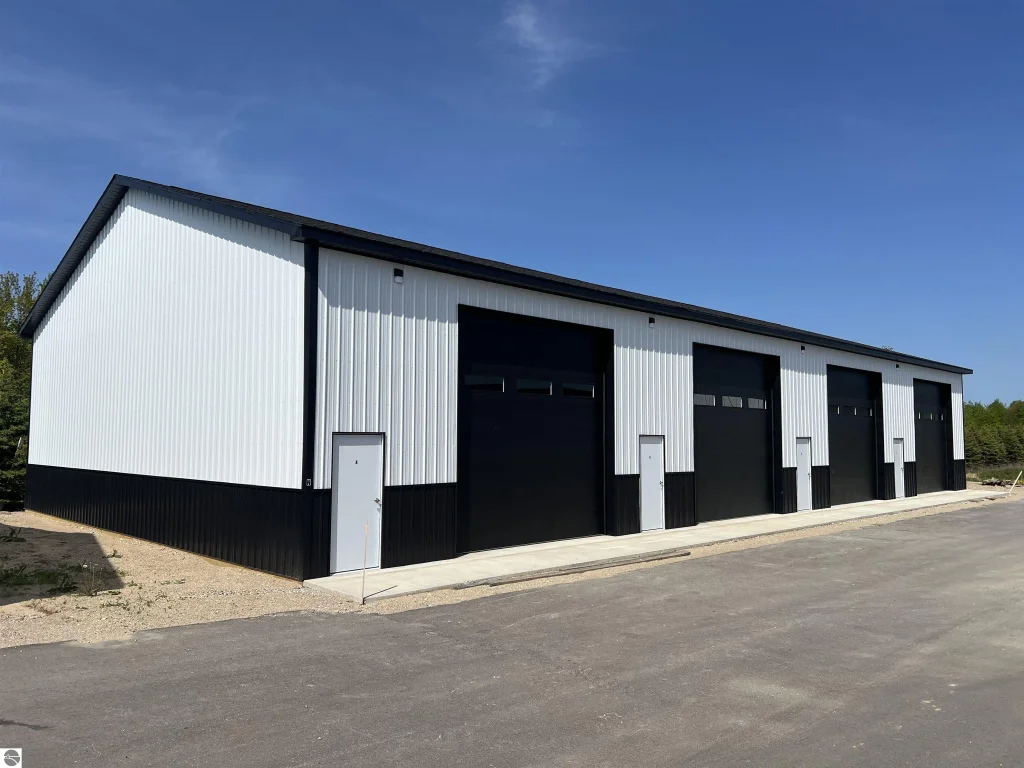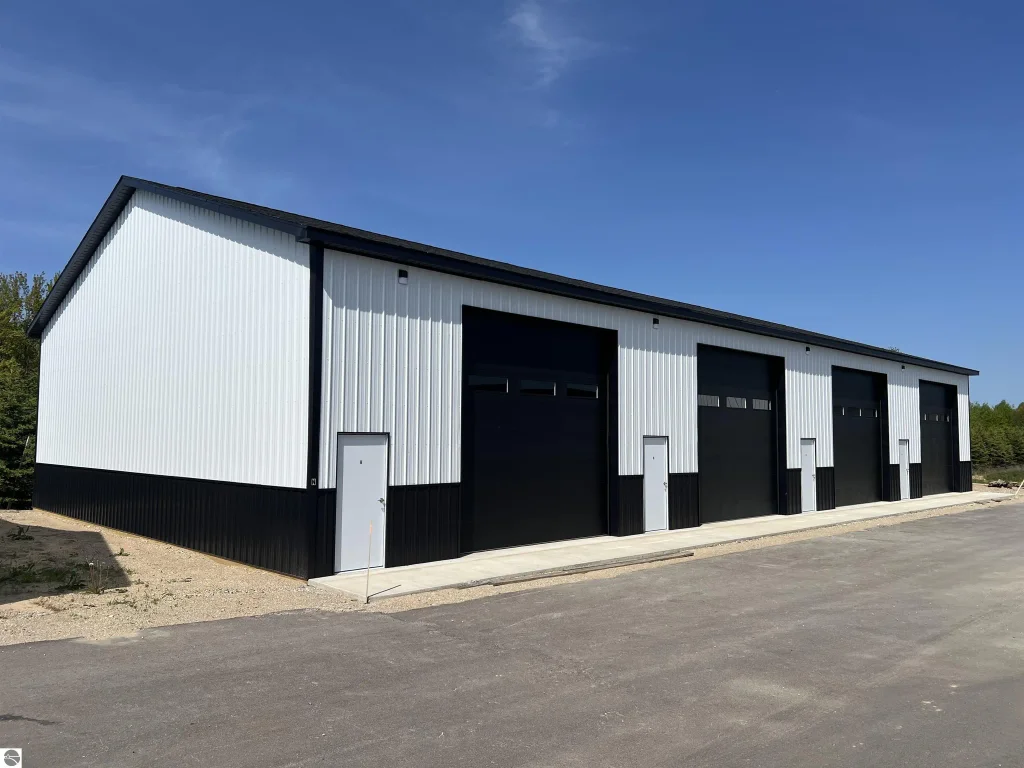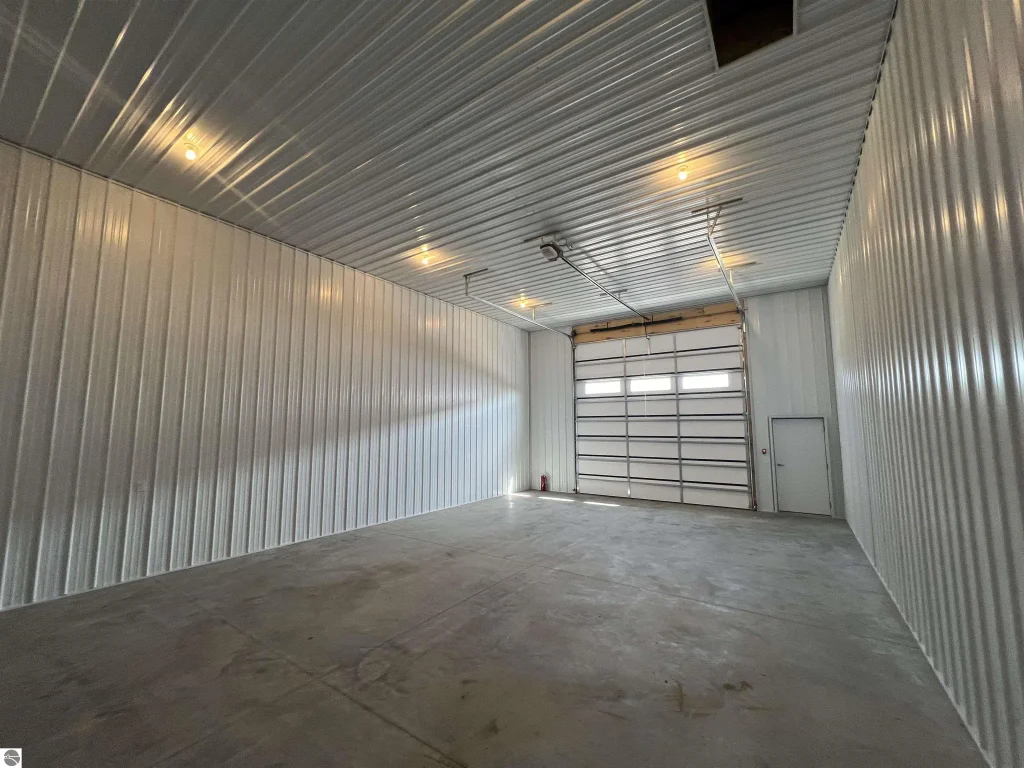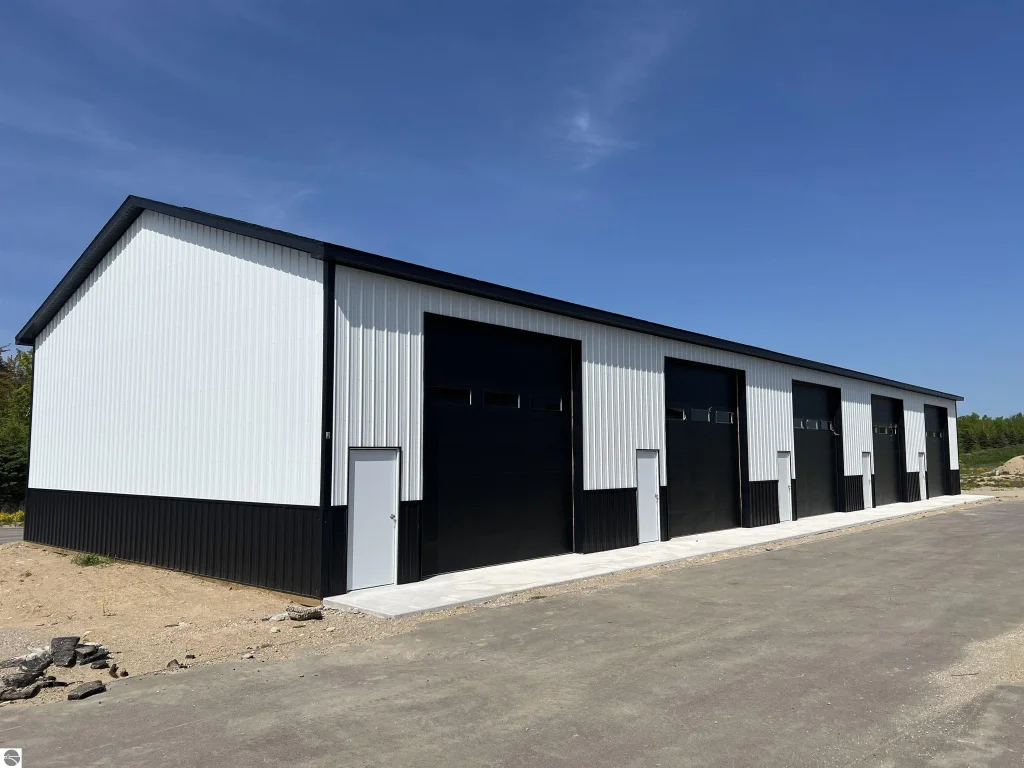Real Estate Statistics
| Average Price | $140K |
|---|---|
| Lowest Price | $71.9K |
| Highest Price | $400K |
| Total Listings | 9 |
| Avg. Days On Market | 175 |
| Avg. Price/SQFT | $83 |
Property Types (active listings)
Browse Kingsley, MI Commercial Real Estate for Sale and Lease
Kingsley, MI Commercial Real Estate for Sale and Lease:
Market Overview and Key Drivers

When it comes to Kingsley, MI Commercial Real Estate for Sale and Lease, you’re looking at a market that combines small-town charm with solid growth potential.
Situated just southwest of Traverse City, Kingsley benefits from easy access to U.S. 31 and M-113, making it a nexus for retail, light industrial, and professional services. With a population hovering around 1,400 in the village proper—and over 4,000 in Blaine Township—the local economy is driven by tourism, agriculture, and a growing service sector. Moreover, the region serves as a gateway to Northern Michigan’s vineyards and lakeside resorts, bringing steady foot traffic to storefronts and office suites alike.
Understanding Kingsley, MI Commercial Real Estate for Sale and Lease Dynamics requires a look at zoning and regulatory frameworks. Kingsley’s zoning ordinance allows for a mix of commercial, industrial, and mixed-use developments along designated corridors. The village actively encourages adaptive reuse of historic buildings downtown, offering tax abatements for property owners who renovate rather than rebuild. As a result, investors can find opportunities in both newly constructed spaces and character-rich older structures that preserve the community’s heritage.
Economically, Kingsley has seen a modest but steady uptick in median household income—now around $60,000—and an unemployment rate below the state average. Seasonal tourism brings a spike in retail demand in summer, while year-round agricultural operations support local warehousing and distribution facilities. The interplay of these sectors helps stabilize annual cash flow for northern Michigan commercial real estate landlords, who often see lease renewals across diverse tenant profiles—from boutique retailers to light-assembly workshops.
Infrastructure improvements over the past five years—such as upgraded water mains, high-speed fiber installation, and improved highway interchanges—have elevated Kingsley’s appeal among site selectors. Business parks near the M-37 corridor now feature shovel-ready parcels with full utility hookups. Meanwhile, downtown streetscape enhancements have made storefronts more inviting for pedestrians, bolstering daytime foot traffic for cafes, galleries, and service businesses.
Looking ahead, projections from the Grand Traverse Regional Planning Commission suggest annual commercial absorption rates of 5–7 percent through 2028, driven by spillover demand from Traverse City and national trends favoring secondary markets. With relatively lower entry prices—often 20–30 percent below comparable properties in Traverse City—Kingsley presents an enticing blend of affordability and upside, making it a prime candidate for both owner-occupiers and passive investors.
Top Commercial Property Types in Kingsley
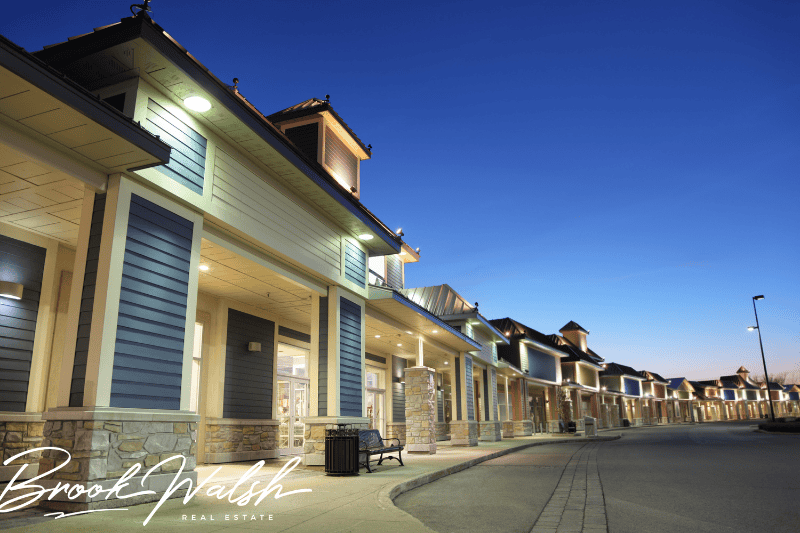
Kingsley’s commercial landscape is diverse, offering opportunities across retail, office, industrial, and mixed-use categories. Each property type comes with its own set of dynamics, so understanding the nuances can help you target the right asset for your strategy.
Retail and Customer-Facing Spaces
Retail properties in Kingsley range from cozy 1,200 sq ft storefronts on Main Street to 15,000 sq ft strip-center units along M-113. Local tenants include specialty food shops, apparel boutiques, and artisan studios that thrive on pedestrian traffic. National chains tend to focus on the higher-visibility corners of U.S. 31, where ample parking and drive-thru options appeal to quick-serve restaurants and convenience stores.
Office and Professional Buildings
Small office buildings—typically 2,000 to 10,000 sq ft—cater to accountants, law firms, and medical practices. Many are configured as multi-tenant suites, which spread risk and ensure a steady cash flow. Newer office parks off M-37 feature flexible floorplans suited to co-working and tech startups. Lease terms for Class B office space average 5 to 7 years, with net rents in the $10–$14 per sq ft range.
Industrial and Warehouse Facilities
Light industrial properties and warehouses—ranging from 5,000 to 25,000 sq ft—support local manufacturers, agricultural processors, and logistics providers. High ceilings, drive-in bays, and rail-adjacent sites are available at competitive lease rates ($6–$8 per sq ft NNN). Investors often find value by repurposing older barns or equipment sheds into budget industrial suites.
Mixed-Use and Redevelopment Opportunities
Mixed-use projects combine ground-floor retail with upper-level apartments or office space. These developments are increasingly popular, offering multi-stream income and added foot traffic for shops below. Downtown Kingsley has several recent conversions where historic buildings were revitalized into retail-residential combos. Adaptive-reuse incentives can cover up to 50 percent of renovation costs, making these projects both community-enhancing and revenue-generating.
Benefits and Financial Considerations for Investors

Investing in Kingsley commercial real estate comes with clear advantages—and a few considerations you’ll want to weigh carefully.
Strong ROI and Growth Potential
With purchase prices often 20–30 percent below nearby regional hubs, Kingsley offers attractive cap rates in the 6–8 percent range on stabilized assets. Seasonal tourism and export-oriented agriculture help smooth out vacancy cycles, while long-term land appreciation tracks regional growth, making both cash-flow and equity appreciation viable.
Financing Options and Local Incentives
Local banks and credit unions offer conventional and SBA-backed loans with competitive interest rates. For owner-occupiers, the USDA’s Business & Industry Loan Guarantee Program can cover up to 85 percent of financing for projects in eligible rural areas. Additionally, the Michigan Economic Development Corporation (MEDC) provides grants and tax credits for projects that create jobs or restore historic structures. Learn more at the MEDC website.²
Risk Mitigation Strategies
Diversification—across tenant types and lease terms—helps manage vacancy risk. Triple-net (NNN) leases shift operating expenses to tenants, ensuring landlords receive net rental income with minimal overhead. For larger portfolios, professional property management can streamline maintenance, reduce turnover, and maintain consistent cash flow.
Finding, Evaluating, and Acquiring Properties

Securing the right commercial asset requires diligent research, local expertise, and thorough due diligence.
Working with Local Brokers and Agents
Experienced brokers like those at NorthernMichiganEscapes.com can provide off-market opportunities and nuanced insights into lease terms and tenant quality. They’ll help you negotiate from an informed position, whether you’re a first-time buyer or a seasoned investor.
Conducting Due Diligence and Site Visits
Beyond financial analysis, site visits reveal critical details—parking turnaround, signage visibility, drainage issues, or proximity to complementary businesses. Engage inspectors early to evaluate roofing, HVAC, and structural conditions; these findings often influence negotiation points or financing terms.
Negotiating Offers and Closing
A well-structured Letter of Intent (LOI) outlines key deal points—price, contingencies, closing timeline—before drafting a purchase agreement. Lawyers versed in Michigan commercial law can ensure compliance with local regulations and environmental standards, expediting a smooth closing process.
Post-Closing Management
Once the deed is in hand, proactive management—ranging from lease renewals to capital improvements—determines long-term success. Whether you self-manage or engage a professional firm, establishing clear budgets, maintenance schedules, and tenant communication protocols will protect your investment and maximize returns.
Frequently Asked Questions

1. What types of commercial properties are most in demand in Kingsley?
A. Retail storefronts along Main Street and light industrial units near M-37 consistently attract tenants. Mixed-use conversions downtown are also popular among investors seeking diversified income streams.
2. How do I finance a commercial property purchase in Kingsley?
A. Your best options include conventional bank loans, SBA-backed 7(a) or 504 programs, and USDA Business & Industry guarantees for rural projects. Local credit unions may also offer tailored financing with lower closing costs.
3. What zoning regulations should I consider?
A. Kingsley’s zoning map designates specific corridors for commercial, industrial, and mixed-use development. Always verify permitted uses, building setbacks, and parking requirements with the village planning department before submitting an offer.
4. Are there state or local incentives for property renovations?
A. Yes—historic rehabilitation tax credits and façade improvement grants are available through the Michigan Economic Development Corporation (MEDC). These programs can cover up to 50 percent of eligible renovation costs, making adaptive reuse projects financially viable.
5. How can I estimate the ROI for a given property?
A. Calculate Net Operating Income (NOI) by subtracting operating expenses from gross rent, then divide NOI by purchase price to determine the cap rate. Compare to regional averages (6–8 percent in Kingsley) to gauge relative performance.
6. What lease terms are typical for commercial spaces?
A. Retail and office leases often run 5–7 years with renewal options. Industrial tenants may negotiate 3–5 year terms. Triple-net (NNN) leases are common, shifting maintenance and utilities to tenants.
Conclusion and Next Steps

Whether you’re eyeing storefronts on Main Street or modern light-industrial suites near M-37, Kingsley, MI Commercial Real Estate for Sale and Lease offers an appealing mix of affordability, growth potential, and community charm.
Start by partnering with a local broker to zero in on properties that match your strategy. Then, secure financing through conventional, SBA, or USDA programs and leverage state and local incentives to optimize your returns. Finally, conduct thorough due diligence and plan for proactive management to ensure sustainable cash flow.
For detailed listings and expert guidance, visit Northern Michigan Escapes or learn more about regional incentives at the Michigan Economic Development Corporation.
Continue your Northern Michigan commercial real estate search in the communities below or contact Brook Walsh to help you with your search.
Browse Other Communities
- Alanson, MI Commercial Real Estate
- Alpena, MI Commercial Real Estate
- Atlanta, MI Commercial Real Estate
- Bay Harbor, MI Commercial Real Estate
- Beaver Island, MI Commercial Real Estate
- Bellaire, MI Commercial Real Estate
- Beulah, MI Commercial Real Estate
- Brutus, MI Commercial Real Estate
- Boyne City, MI Commercial Real Estate
- Boyne Falls, MI Commercial Real Estate
- Cadillac, MI Commercial Real Estate
- Carp Lake, MI Commercial Real Estate
- Central Lake, MI Commercial Real Estate
- Charlevoix, MI Commercial Real Estate
- Cheboygan, MI Commercial Real Estate
- Cross Village, MI Commercial Real Estate
- East Jordan, MI Commercial Real Estate
- Elk Rapids, MI Commercial Real Estate
- Ellsworth, MI Commercial Real Estate
- Empire, MI Commercial Real Estate
- Fife Lake, MI Commercial Real Estate
- Frankfort, MI Commercial Real Estate
- Gaylord, MI Commercial Real Estate
- Glen Arbor, MI Commercial Real Estate
- Grayling, MI Commercial Real Estate
- Harbor Springs, MI Commercial Real Estate
- Hillman, MI Commercial Real Estate
- Honor, MI Commercial Real Estate
- Houghton Lake, MI Commercial Real Estate
- Indian River, MI Commercial Real Estate
- Interlochen, MI Commercial Real Estate
- Johannesburg, MI Commercial Real Estate
- Kalkaska, MI Commercial Real Estate
- Kewadin, MI Commercial Real Estate
- Kingsley, MI Commercial Real Estate
- Lake Ann, MI Commercial Real Estate
- Lake City, MI Commercial Real Estate
- Leland, MI Commercial Real
- Levering, MI Commercial Real Estate
- Lewiston, MI Commercial Real Estate
- Mackinac Island, MI Commercial Real Estate
- Mackinaw City, MI Commercial Real Estate
- Manton, MI Commercial Real Estate
- Manistee, MI Commercial Real Estate
- Maple City, MI Commercial Real Estate
- Northport, MI Commercial Real Estate
- Onaway, MI Commercial Real Estate
- Onekama, MI Commercial Real Estate
- Pellston, MI Commercial Real Estate
- Petoskey, MI Commercial Real Estate
- Rogers City, MI Commercial Real Estate
- Roscommon, MI Commercial Real Estate
- Suttons Bay, MI Commercial Real Estate
- Tawas City, MI Commercial Real Estate
- Thompsonville, MI Commercial Real Estate
- Topinabee, MI Commercial Real Estate
- Traverse City, MI Commercial Real Estate
- Vanderbilt, MI Commercial Real Estate
- Walloon Lake, MI Commercial Real Estate
- Williamsburg, MI Commercial Real Estate
- Wolverine, MI Commercial Real Estate

Start searching for your dream home now.
When it comes to convenience, our site is unparalleled. Whether you're in the comfort of your home, or on the go.
Our site works flawlessly on multiple devices so you can find the information you need.

